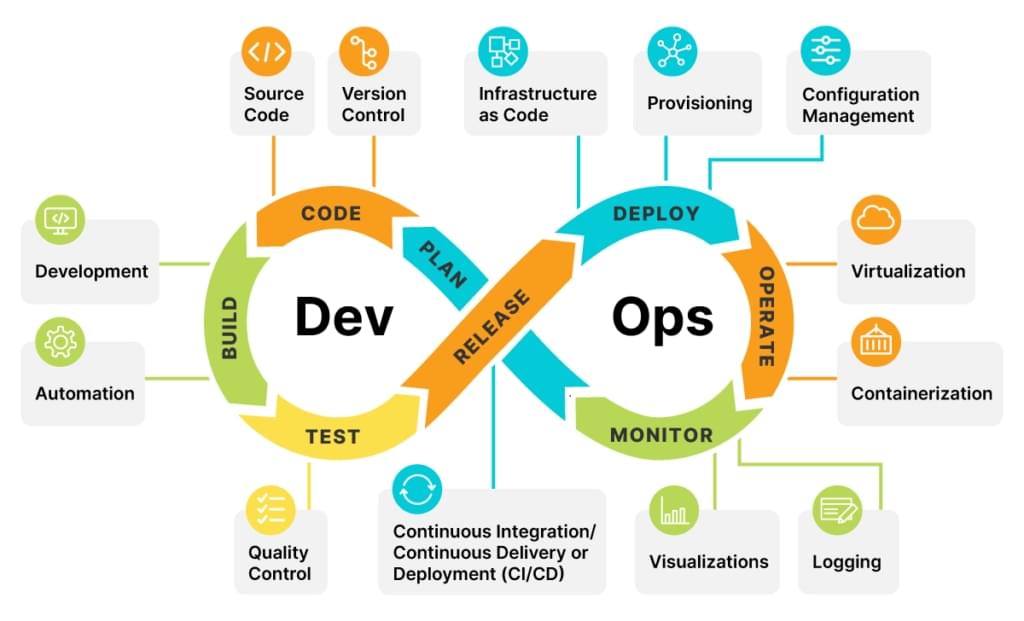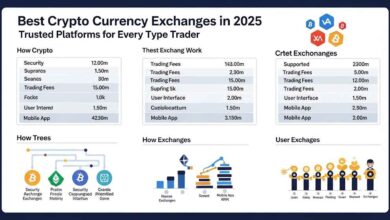In the world of blockchain, DevOps is a critical component. DevOps is a set of practices that help organizations develop, deploy, and manage software applications quickly and with high quality. With increased competition in the blockchain space, businesses are looking for ways to increase productivity and reduce costs by leveraging automation and DevOps services.
By automating routine tasks, DevOps teams can free up time and resources to focus on more complex tasks. Automation also reduces the risk of human error and increases the accuracy of your application deployments. Additionally, automation can help reduce cycle times for deploying changes to production environments.
When it comes to DevOps in blockchain, there are a few key areas that benefit from automation. These include continuous integration and continuous delivery (CI/CD), configuration management, infrastructure provisioning, release management, and application testing.
Continuous Integration and Continuous Delivery (CI/CD) is a process that allows developers to integrate code into the main line of development more frequently. Automation tools can help with this process by automatically running tests and deploying changes when code is committed to the repository.
Revolutionizing Business with Blockchain DevOps: Strategies for Maximizing Efficiency and Security
Blockchain technology is transforming the way businesses operate, allowing them to increase efficiency and security while also reducing costs. Blockchain DevOp s is a new approach that combines the power of distributed ledger technology with DevOps principles to create a more efficient and secure digital ecosystem for enterprise-level software development. By using blockchain as the backbone of their software development lifecycle, businesses can securely store data, scale applications faster, and streamline workflows.
Blockchain DevOps helps organizations move away from traditional software development practices by utilizing the power of distributed ledgers and smart contracts to automate processes and reduce security risks. It also allows them to quickly deploy their applications without worrying about data breaches or errors due to human error. By leveraging immutable records and open-source software, businesses can create a secure ecosystem for their applications and customers, allowing them to focus on innovation rather than security concerns.
With blockchain DevOps, enterprises can also take advantage of distributed bug-tracking systems and automated testing frameworks that enable faster development cycles with fewer errors. This means they can develop and deploy software applications faster, allowing them to keep up with the rapid innovation of their competitors. Additionally, blockchain DevOps reduces operational costs associated with manual processes, making it an attractive option for organizations looking to save time and money.
From Concept to Reality: A Guide to Setting Up Your Own Blockchain DevOps Platform
Blockchain technology is rapidly changing the way businesses and industries operate. With its potential applications ranging from finance to healthcare, it’s no wonder that blockchain DevOps platforms have become increasingly popular. Setting up one’s own platform can be a daunting task, especially for those with limited technical experience. Fortunately, there are many resources available to help guide users through the process.
This guide will help you set up your own blockchain DevOps platform, from concept to reality. To get started, there are a few key considerations that need to be taken into account:
- Infrastructure – A reliable infrastructure is essential for any blockchain DevOps platform. This includes hardware, software, and network components such as servers, networks, storage, and applications.
- Security – Security is a top priority when it comes to blockchain technology. It’s important to evaluate the security measures you will use on your platform and ensure they meet industry regulations and standards.
- Scalability – As your DevOps platform grows, scalability becomes important. You will need to make sure your platform can handle an increased workload without experiencing any lag or downtime.
- User Experience – User experience is critical when it comes to DevOps platforms. Investing in a good user interface and providing clear documentation can help ensure users have a positive experience when using your platform.
| You May Also Like: |
|---|
| What Makes an NFT Collection Valuable and Sought After? |
| Top Blockchain Development Companies In Mumbai |
| Crypto And Blockchain Needs SEO To Succeed |





